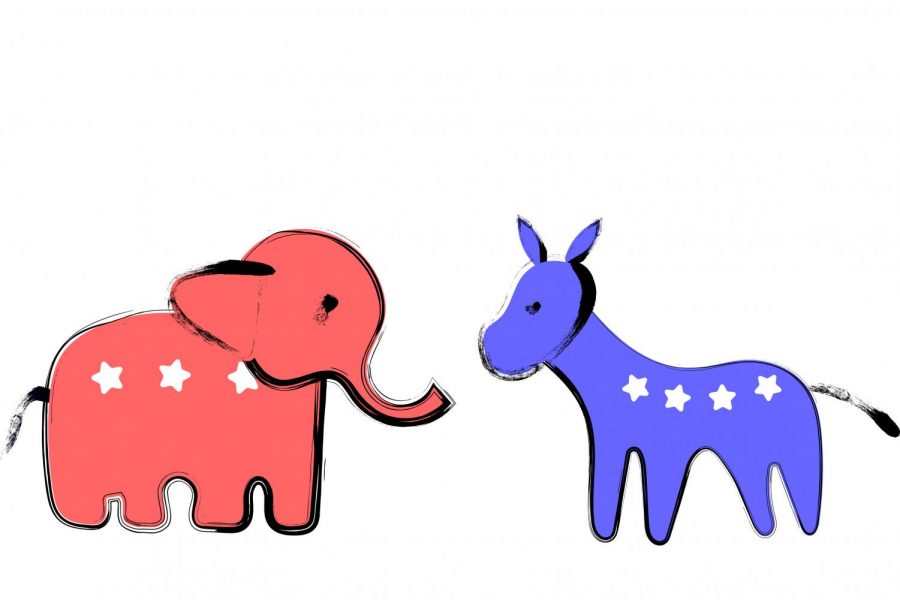2020 Election Season Just Around the Corner
The 2020 Presidential election is just under a year away, and with the number of prospective candidates shrinking and frontrunners becoming more clear, it’s time to think about the future leadership of the United States.
Locally, Seattle City Council elections were just decided. Seven of nine city council positions were up for vote. The city council members were as follows: District 1 incumbent Lisa Herbold, District 2 Tammy Morales, District 3 Kshama Sawant, District 4 Abel Pancheco, District 5 incumbent Debora Juarez, District 6 Mike O’Brien and District 7 Sally Bagshaw.
The At-large council members for Seattle are Teresa Mosqueda and Lorena González.
Bernie Sanders and Elizabeth Warren weighed in on the Seattle City Council elections by criticizing Amazon’s role in funding candidates for this local election.
Although state and local elections typically get less attention, Seattle University’s Political Science club devotes a space on campus to discussing political issues with other interested students. Members are leaning towards specific candidates with the presidential election in the near future.
Mikey Redding, a first-year member of the political science club, is leaning towards Vermont Senator Bernie Sanders. He said Sanders’ progressive policies and the fact that New York Congresswoman Alexandria Ocasio-Cortez and other progressive politicians have endorsed Sanders contributed to his support for the candidate.
“If you don’t take efforts for radical change in a system that’s radically broken, then there’s going to be no way for you to fix all the issues. I think there needs to be large changes within our government to kind of force us back on to a correct path, an upwards path,” Redding said.
Alex Park, the treasure of political science club, is in favor of Andrew Yang for president.
“His ideas and policies are realistic.
The core problem of why Trump got elected is about how manufacturing is disappearing in the U.S., and [Yang is] saying its robotics and technology that is causing that. It’s not the trade war, it’s actually technology taking manufacturing jobs away from people” said Park.
Erika Moore, the civic engagement chair of Student Government at Seattle U, became involved in civic engagement to mimic a sense of the political community she felt in her hometown of Newport, Washington.
“Everyone is fairly civically engaged because you know all of the candidates who are running for everything,” Moore said “So, kind of ringing the energy around civic engagement that I’ve seen from my personal experience at home and trying to make it more of a community thing on a larger scale at Seattle U is something that I’m interested in.”
In the context of national elections, people are more exposed to media surrounding those candidates, which Moore thinks makes it easier to get people excited.
“I’m excited about the prospects of already having so much content covering civic engagement in the sense of voting that I’ll think it’ll be easier to get people interested in the events we have surrounding voting,” Moore said.
For first-time voters on campus, Moore understands how intimidating the process can initially be.
“I think even though it can be daunting to walk into that process especially your first time, it’s worth doing, worth researching, and try not to feel too pressured about having to know everything down to a T.,” Moore said.
For those indifferent to voting, Moore stresses the importance of making sure everyone’s voice is heard, specifically college students, even if it’s intimidating to register.
“Even if it doesn’t feel like your vote matters, it does, especially college aged students. Our age of people have a huge impact and sway in how elections will go. Even if the area that you’re registered in is Washington or your home town it is still worth pursuing,” Moore said.
Emma may be reached at ejaber@su-spectator.com


